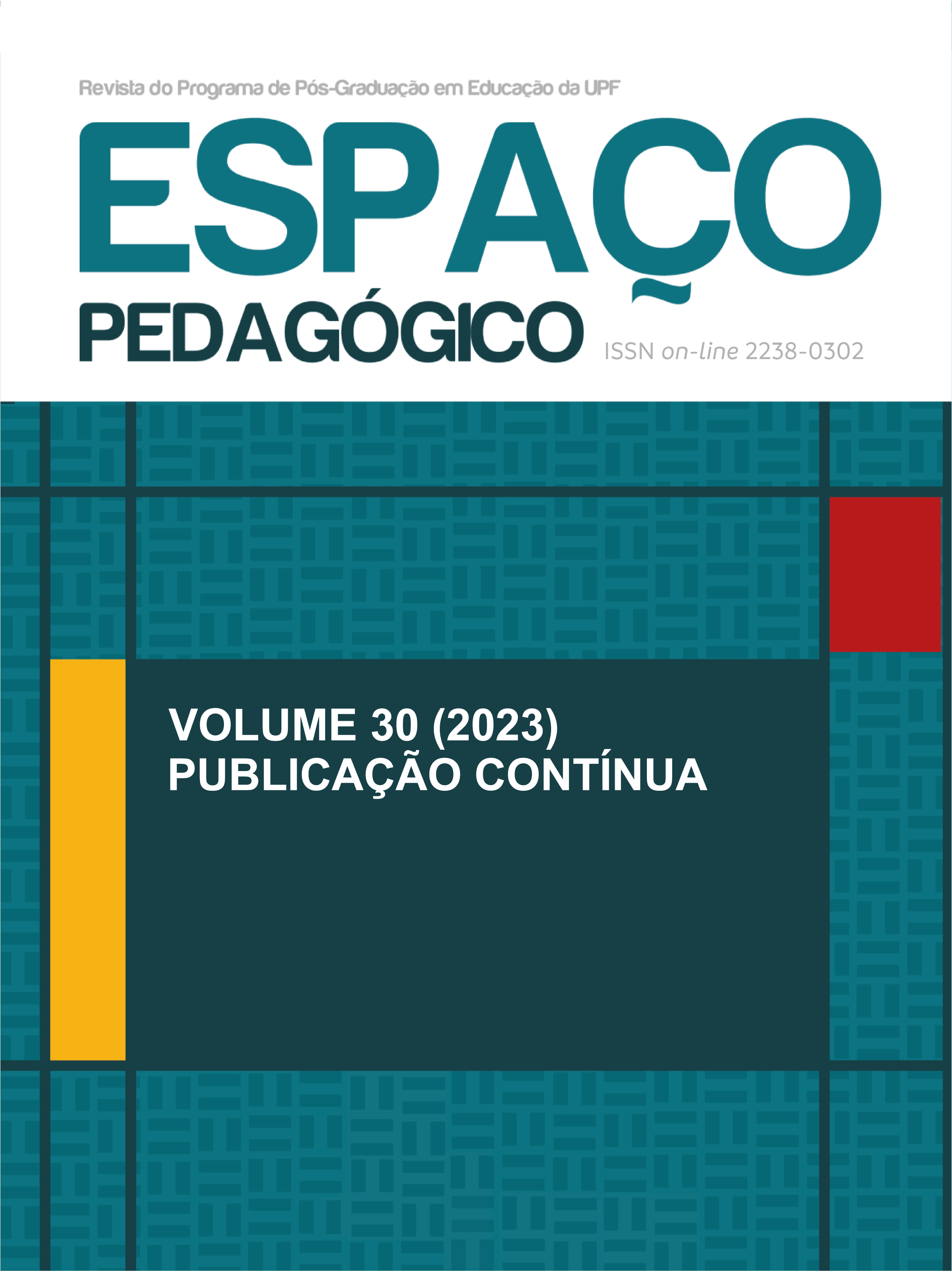Analizando el uso de estrategias metacognitivas en estudiantes con TEA:
un estudio exploratorio
DOI:
https://doi.org/10.5335/rep.v30i0.14697Palabras clave:
enseñanza de las ciencias, estrategias didácticas, educación especialResumen
El artículo describe un estudio de caso sobre los posibles impactos del uso de ciertas estrategias de enseñanza en clases de ciencias para estudiantes con TEA. Con un enfoque cualitativo, del tipo observación participante. Actividades de lectura y comprensión de textos realizadas por tres alumnos diagnosticados con TEA, con edades comprendidas entre los catorce y los diecisiete años, de un centro de servicios educativos especializados. Las grabaciones de video de las clases y los registros escritos, elaborados por los estudiantes, fueron sometidos a análisis de contenido, utilizando el marco de codificación de habilidades metacognitivas propuesto en investigaciones recientes sobre el tema. Los resultados sugieren que es factible y promisorio utilizar estrategias de enseñanza-aprendizaje de carácter metacognitivo en actividades educativas para estudiantes con TEA, ya que tal práctica parece contribuir al establecimiento de un ambiente favorable a la dialogicidad y a motivar a los estudiantes a adquirir y hacer uso de diferentes habilidades metacognitivas



